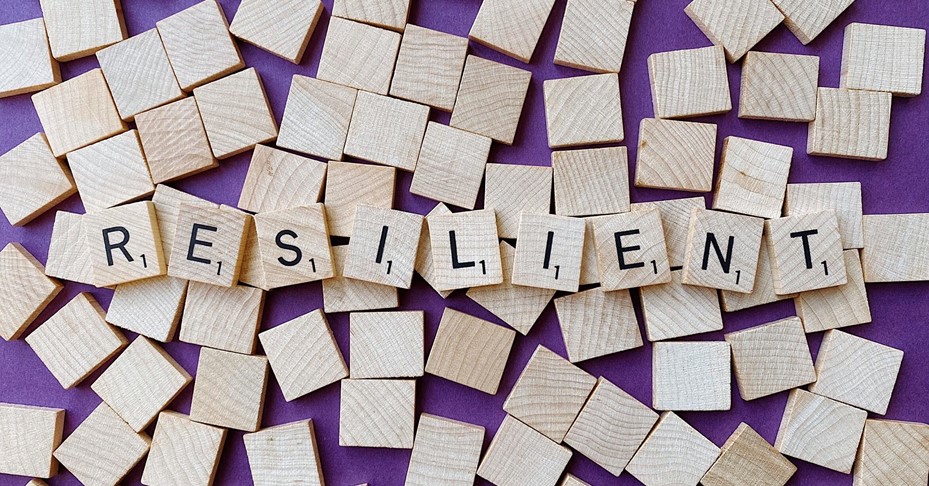Building a resilient workforce
Kim Davies, Corporate Health and Wellbeing Manager at Rossborough Healthcare, looks at how employers can support their employees to build resilience.

This year, business leaders have identified like never before with the struggles that some individuals face regularly. Where previously many of us sympathised with what it must be like to feel anxious or stressed, after 2020 almost all of us will now know what it is like to struggle – at least to some degree.
All of us at some point in our lives will also likely experience relationship problems, the loss of a loved one, health problems and many other things that may cause us worry, stress and anxiety. That which effects one person may not effect another and vice versa but the one thing we do all have in common is that the more resilient we are, the better equipped we will be to cope when life doesn’t go the way we planned.
2020 has been a perfect example of life not going the way we planned. Wherever you are in the world, at some point you will have at the very least have experienced periods of uncertainty, if not stress and anxiety. Will we go into lockdown, will I be able to work from home, how will I cope with childcare, will I still be able to get out to exercise, when can I next go on holiday? Again, everyone will have had different feelings and priorities, but how we cope with those is so heavily influenced by how resilient we are.
Psychologists define resilience as being able to adapt well in the face of extreme stress, trauma and tragedy and the ability to bounce back. It is a skill which like any skill, with practice, can be learned but without it the effects on a person’s motivation, engagement and productivity can be great.
Being resilient is about being healthy and well, physically and mentally. It is therefore key that employers are fostering a culture of wellbeing and are actively encouraging employees to look after their own health and wellbeing. Times are challenging and even though some will have support available it can be hard to get or stay motivated, but we must remember that by being physically healthy and protecting everyday mental wellbeing, we all stand the best chance of being able to spring back like the bamboo. As businesses and individuals.
Many employers are likely to have benefits already in place, which alongside local community sources of support will be crucial to helping employees to build the necessary skills to deal with stress and pressure effectively. For an employer, it will be necessary to have an inclusive strategy and effective signposting rather than ad hoc communications that will likely be dismissed or have minimal effect.
Toolkits, webinars and podcasts are just some of the resources that will be available through company benefits such as private medical insurance (PMI), group income protection (GIP) and even dental insurance policies. An employer and particularly line managers should ensure they are aware of all the resources available to their team and are comfortable to signpost, discuss and promote regularly to encourage engagement with these resources.
If as an employer you have an Employee Assistance Programme (EAP) in place, encourage employees to engage with it regularly – online/on an App or by calling. It is crucial that employees understand that their Employee Assistance Programme (EAP) is there to help with day to day worries, not just in a crisis and that it is always more beneficial to address any issues sooner rather than later.
Many businesses use the well-established SMART tool to achieve business objectives and goals so why not encourage employees to use it to set realistic wellbeing goals for themselves too.
- Specific – What do they want to achieve?
- Measurable– How can they track their progress?
- Achievable – Is the goal achievable?
- Relevant– Is it personally meaningful?
- Time-bound – When will it be achieved and what steps are necessary to get there?
Research shows that we are all much more likely to achieve a goal and stay motivated and engaged if we are accountable. As a business can you help your employees with this? Challenges, team goals or including a “wellbeing” objective in annual reviews are all good ways of encouraging engagement.
Health and wellbeing has seen a rise up the corporate agenda in a way that would have been unimaginable only 12 months ago, however employers must commit now to providing and consistently communicating relevant support to encourage long term engagement. At this time, more than ever, businesses have a duty of care to their employees and for the benefit of businesses, their employees and the community as a whole we need to build strong resilient teams as we all navigate these uncertain times.




